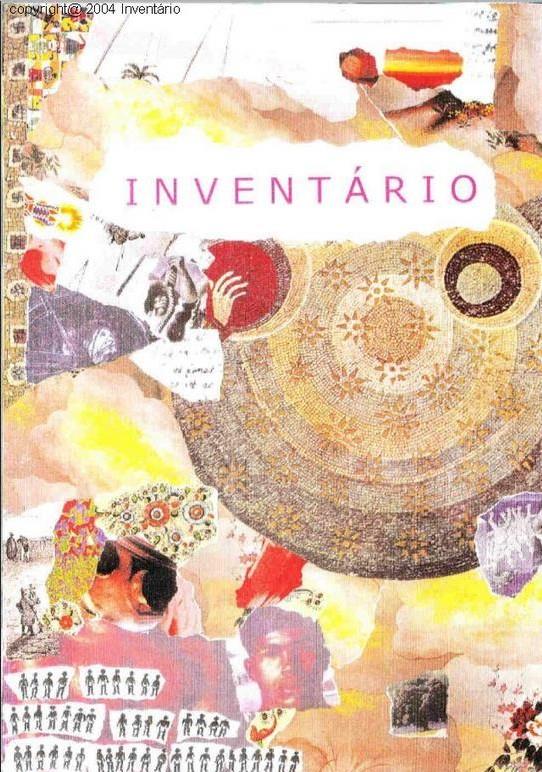THE STRING
A READING FROM THE RADICAL IMAGINARY OF CASTORIADIS
Abstract
The present work aims to present an analysis of the short story “The twine”, written by the French short story writer Guy de Maupassant, a work in which the author makes observations and profound analyzes of a pre-capitalist society, presenting problems that are still present in contemporary society, such as individualism, human trivialization versus values of capitalism. For the theoretical basis of this study, the radical imaginary of Cornelius Castoriadis was considered, focusing on the concepts of autonomy and heteronomy, seeking to reflect on the themes addressed in the short story. Discussions revolve around the radical imaginary as a network of meanings that make human relationships forceful for society or social groups, which are results of the socially and historically instituted imaginary, considering the founding elements of symbolization: beliefs, interests, needs and that interfere in the interpretations of individual experiences, constituted collectively. We believe that heteronomous societies produce human alienation, preventing subjects from recognizing themselves as social and historically constituted beings, thus, consequently, being fated to suffer the effects of this social organization.







